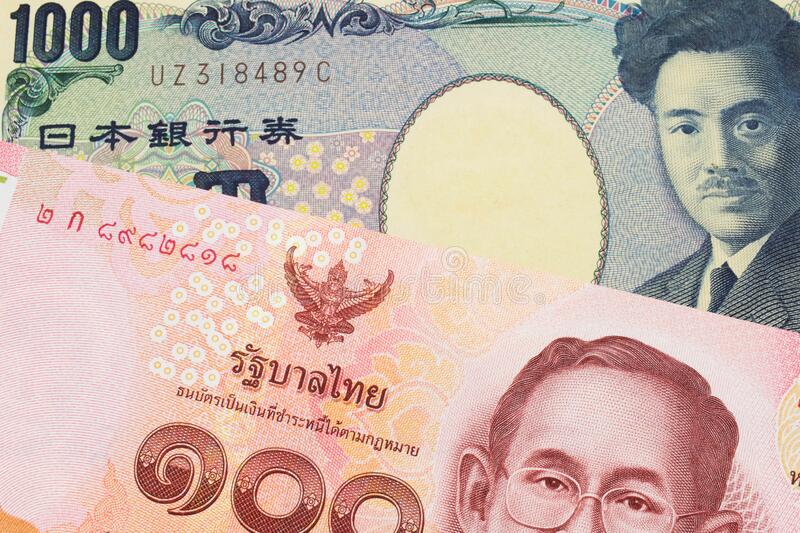CNI News
1 Augsut 2022
Thai Baht and Japanese Yen saw brisk sales at money exchange counters in Yangon recently.
Most buyers were people preparing to go to work or study abroad.
“More people are buying Thai Baht. People who are preparing to go to Japan are buying Japanese Yen. Most of them are youths who are preparing to go to these countries. The sale of other foreign currencies like the Malay Ringgit is rare because people here are not going to other countries currently. As a retailer, we sell small amounts of Baht between 10,000 and 20,000 Baht to a buyer. The US$ trading is stagnant because no one wants to trade it according to designated prices, said a staff member from Khaing Money Exchange. (The name has been changed.)
When US$ are sold at money exchange counters, it is traded at designated prices of the Central Bank of Myanmar. So, no one sold US$ to money exchange counters.
Although the CBM set the price of US$ at a fixed price, the prices of US$ in the market are unstable and rose to as much as MMK 2,500 per US$ on 29th July.
Myat Money Exchange Counter (The name has been changed.) said, “That is what is happening in the market. If there are sellers of US$ to us at the official exchange rate, we buy and sell the same amount to buyers at the government approved rates. If there is no one who sells US$ to us at the official rate, we explain to buyers thoroughly that there are few people who trade US$ at the official rate. Trading US$ has halted and we have only a little work to do.”
As only a few people sell US$ at money exchange counters recently, the counters have halted their operations due to shortages of US$.
Aye Money Exchange Counter (The name has been changed.) said, “We temporarily halted currency trading due to price instabilities. No one come to us to sell US$ at the official exchange rate. We are allowed to buy US$ only at the official rate. So, people do not come to us to sell their US$.”
Currently, the MMK has depreciated against foreign currencies and prices of foreign currencies like US$, Baht, Yuan are rising against the MMK, pushing commodity prices up in the market.
Furthermore, those who are trying to work abroad are also incurring more costs, according to overseas employment agencies.




